June 10 stands as one of history’s most eventful days, witnessing the rise and fall of empires, groundbreaking discoveries, and moments that shaped our modern world across centuries of human achievement.
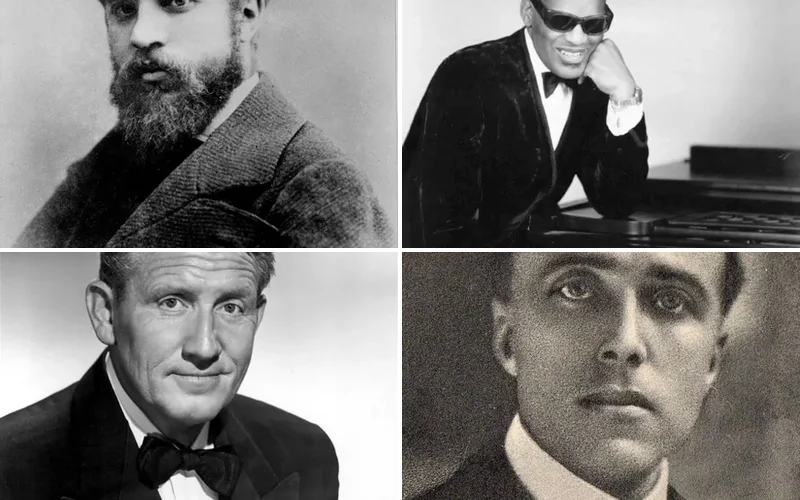
Politics and Government Events on June 10
1916 – Arab Revolt Against Ottoman Empire Declared
Hussein bin Ali, Sharif of Mecca, proclaimed the Arab Revolt against the Ottoman Empire on this pivotal date. The declaration marked the beginning of a unified Arab nationalist movement during World War I.
British support for the revolt would reshape Middle Eastern politics for generations. The uprising ultimately contributed to the collapse of Ottoman control over the Arabian Peninsula.
1957 – Progressive Conservatives Win Stunning Canadian Election Victory
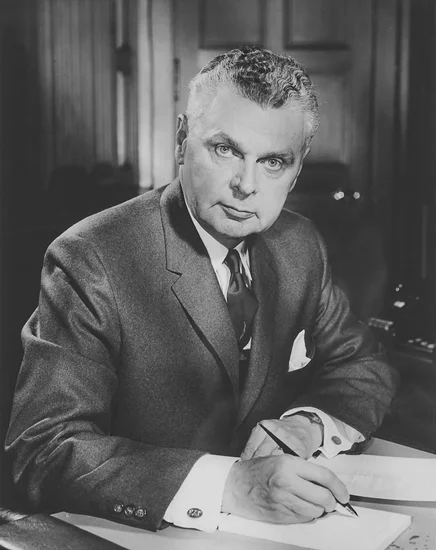
John Diefenbaker led the Progressive Conservative Party to an unexpected triumph in the Canadian federal election. The victory ended 22 years of Liberal Party dominance in Canadian politics.
Diefenbaker’s populist campaign resonated with voters seeking change after decades of Liberal rule. His victory fundamentally altered the trajectory of Canadian domestic and foreign policy.
1963 – Equal Pay Act Signed into Law
President John F. Kennedy signed the Equal Pay Act of 1963, targeting wage disparities based on gender. The legislation represented a crucial step toward workplace equality in America.
The act established legal precedent for challenging discriminatory pay practices. Women’s rights advocates celebrated this milestone in the broader civil rights movement.
1964 – Senate Breaks Civil Rights Filibuster
The United States Senate ended a 75-day filibuster against the Civil Rights Act of 1964. The breakthrough cleared the path for passage of landmark civil rights legislation.
Southern senators had employed every procedural tactic to block the bill’s progress. The filibuster’s collapse marked a decisive moment in America’s struggle for racial equality.
1967 – Six-Day War Ends with Israeli-Syrian Ceasefire
Israel and Syria agreed to a ceasefire, officially ending the Six-Day War. The conflict had dramatically reshaped Middle Eastern geopolitics and territorial boundaries.
Israeli forces had captured significant territory during the brief but intense conflict. The war’s conclusion left lasting implications for regional stability and peace negotiations.
1990 – June Democratic Struggle Begins in South Korea
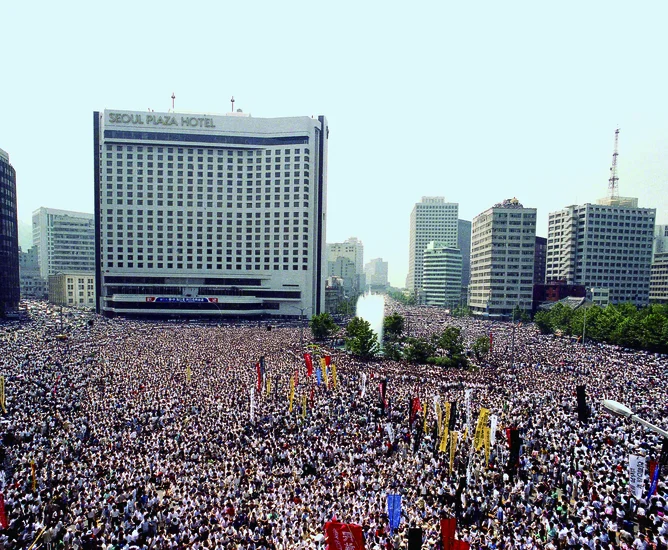
South Korean citizens launched the June Democratic Struggle, demanding democratic reforms from their government. Mass protests erupted across the country, challenging authoritarian rule.
The demonstrations represented a crucial moment in South Korea’s transition to democracy. Popular pressure would eventually force significant political reforms and democratic elections.
1996 – Northern Ireland Peace Talks Begin
Peace negotiations commenced in Northern Ireland, though Sinn Féin remained excluded from discussions. The talks represented hope for ending decades of sectarian violence.
International mediators worked to bring all parties to the negotiating table. These early discussions laid groundwork for the eventual Good Friday Agreement.
1999 – NATO Suspends Kosovo Airstrikes
NATO suspended its bombing campaign after Slobodan Milošević agreed to withdraw Serbian forces from Kosovo. The decision marked a turning point in the Kosovo conflict.
International pressure had finally forced Serbian compliance with peace demands. The agreement paved the way for Kosovo’s eventual independence and reconstruction.
Military and Naval History on June 10
1918 – Austro-Hungarian Battleship SMS Szent István Sinks
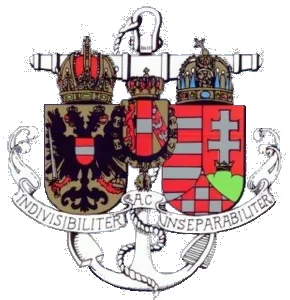
The Austro-Hungarian battleship SMS Szent István met its fate after Italian torpedoes struck off the Croatian coast. Nearby vessels recorded the dramatic sinking on camera.
The attack demonstrated the effectiveness of small, fast motorboats against massive warships. The filmed sinking provided unprecedented documentation of naval warfare during World War I.
1940 – Italy Declares War on Britain and France
Fascist Italy officially declared war on France and the United Kingdom, launching an invasion of southern France. Mussolini’s decision brought Italy fully into World War II.
The declaration opened a new Mediterranean theater of operations. Italian forces would soon engage Allied troops across North Africa and the Mediterranean basin.
1940 – Norwegian Military Resistance Ends
Military resistance to German occupation of Norway officially concluded on this date. Norwegian forces had fought courageously against overwhelming odds for two months.
The capitulation marked the end of organized Norwegian military opposition. However, civilian resistance movements would continue throughout the war years.
1942 – Lidice Massacre Perpetrated by Nazi Forces
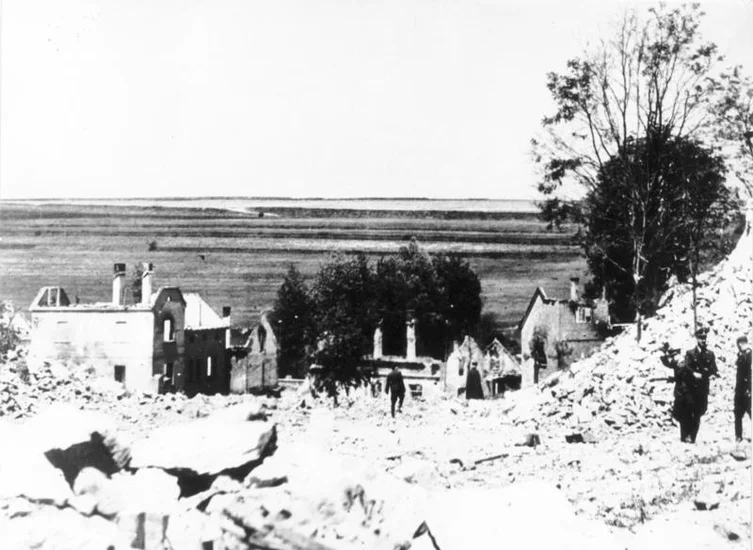
German forces destroyed the village of Lidice in brutal retaliation for Reinhard Heydrich’s assassination. The massacre demonstrated Nazi willingness to commit atrocities against civilian populations.
Every adult male in the village was executed, while women and children faced deportation. The destruction of Lidice became a symbol of Nazi barbarism during World War II.
1944 – Oradour-sur-Glane Massacre Claims 643 Lives

German troops murdered 643 men, women, and children in the French village of Oradour-sur-Glane. The massacre ranks among the most horrific war crimes committed in occupied France.
SS soldiers systematically executed villagers in churches and buildings throughout the community. The atrocity shocked the world and strengthened French resistance movements.
1944 – Distomo Massacre in Greece
German forces massacred 228 civilians in Distomo, Boeotia, Greece, in retaliation for partisan activities. The brutal killings demonstrated the occupation’s savage nature.
Elderly residents, women, and children comprised the majority of victims. The massacre strengthened Greek resistance and turned local populations against German occupation forces.
1945 – Australian Forces Land in Brunei Bay
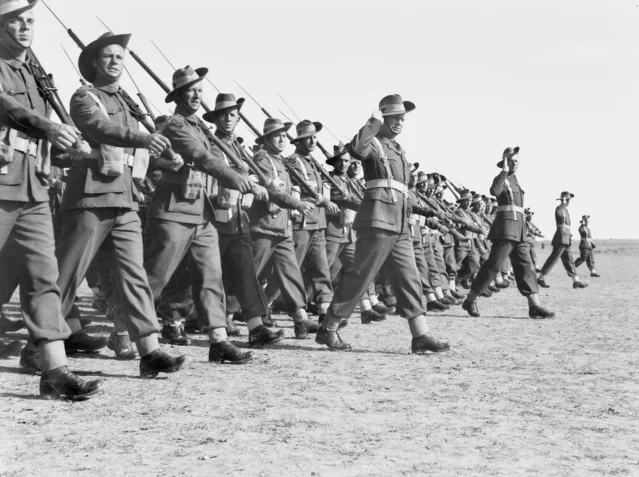
Australian Imperial Forces launched their amphibious assault on Brunei Bay to liberate the territory. The operation represented a crucial step in reclaiming Southeast Asian territories.
Allied forces encountered determined Japanese resistance during the landing operations. The successful invasion restored British control over this strategically important region.
1982 – Syrian Forces Defeat Israelis at Sultan Yacoub
The Syrian Arab Army achieved victory over Israeli Defense Forces in the Battle of Sultan Yacoub. The engagement occurred during the broader Lebanon War conflict.
Syrian tank units successfully repelled Israeli armored advances in the Bekaa Valley. The victory boosted Syrian morale and demonstrated their military capabilities against Israeli forces.
Science and Discovery Milestones on June 10
2002 – First Human Nervous System Communication Experiment
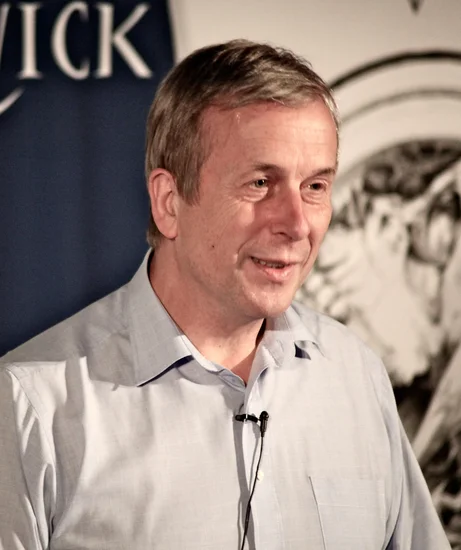
Kevin Warwick conducted the first direct electronic communication experiment between two human nervous systems in the United Kingdom. The groundbreaking research opened new frontiers in cybernetics and human enhancement.
Scientists successfully transmitted signals between implanted devices in human subjects. The experiment demonstrated the potential for direct brain-to-brain communication technology.
2003 – Spirit Rover Launches to Mars
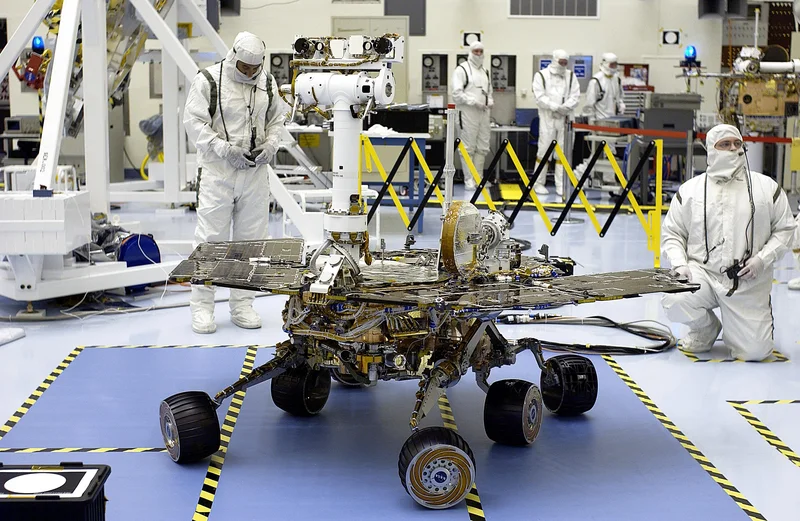
NASA launched the Spirit rover, beginning the ambitious Mars Exploration Rover mission. The spacecraft carried advanced scientific instruments to study Martian geology and climate.
Spirit’s launch marked a new era of robotic exploration on the Red Planet. The mission would eventually provide unprecedented insights into Mars’ geological history and water presence.
2018 – Opportunity Rover Sends Final Message

The Opportunity rover transmitted its last communication to Earth after an unprecedented 15-year mission. The hardy spacecraft had far exceeded its planned 90-day operational lifespan.
Martian dust storms had finally overwhelmed the rover’s solar panels and systems. Opportunity’s discoveries revolutionized scientific understanding of Mars’ ancient environment and potential for life.
Cultural and Arts Events on June 10
1947 – Saab Produces First Automobile
Swedish manufacturer Saab rolled out its first automobile, marking the company’s entry into automotive manufacturing. The aircraft manufacturer successfully diversified into car production.
Saab’s engineering expertise in aviation translated effectively to automobile design. The company would become renowned for innovative safety features and distinctive Scandinavian styling.
Religious and Social Events on June 10
1935 – Alcoholics Anonymous Founded
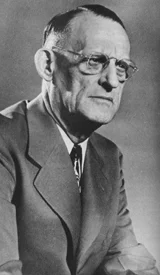
Dr. Robert Smith took his final drink as Alcoholics Anonymous was founded in Akron, Ohio. Bill Wilson joined Smith in establishing the revolutionary recovery program.
The organization pioneered the twelve-step approach to addiction recovery. AA’s methods would eventually help millions of people worldwide overcome alcohol dependence.
1980 – Nelson Mandela’s Call to Fight Published
The African National Congress published a call to fight from imprisoned leader Nelson Mandela. The message energized anti-apartheid movements across South Africa.
Mandela’s words inspired continued resistance despite his imprisonment on Robben Island. The publication demonstrated the ANC’s determination to maintain pressure on the apartheid government.
2001 – Pope John Paul II Canonizes Lebanon’s First Female Saint

Pope John Paul II canonized Saint Rafqa, Lebanon’s first female saint. The ceremony recognized her devotion and miraculous intercessions throughout her religious life.
The canonization brought great pride to Lebanese Christian communities worldwide. Saint Rafqa’s recognition strengthened the Catholic Church’s presence in the Middle East.
Business and Economic Events on June 10
1994 – China Conducts Nuclear Test
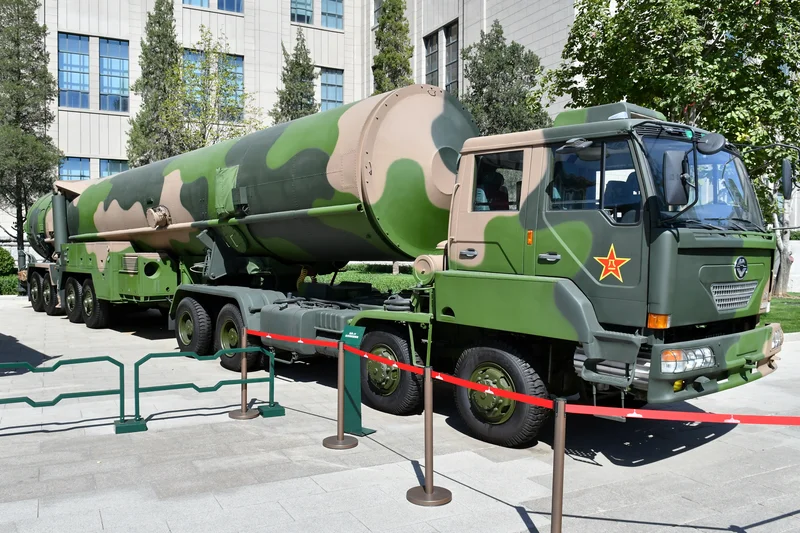
China conducted a nuclear weapons test for the DF-31 warhead at Lop Nur testing facility. The test gained prominence later through the Cox Report’s security investigations.
The nuclear test demonstrated China’s advancing ballistic missile capabilities. International intelligence agencies closely monitored the test’s implications for regional security.
Transportation and Infrastructure on June 10
1960 – Trans Australia Airlines Flight 538 Crashes

Trans Australia Airlines Flight 538 crashed near Mackay Airport in Queensland, Australia, killing all 29 people aboard. The tragedy shocked the Australian aviation community.
Investigators worked to determine the cause of the fatal accident. The crash highlighted the ongoing challenges of ensuring aviation safety in remote Australian regions.
1990 – British Airways Flight 5390 Emergency Landing

British Airways Flight 5390 made a miraculous emergency landing at Southampton Airport after a cockpit window blew out. The captain was partially sucked from the aircraft but survived.
Crew members heroically held the captain while the co-pilot executed the emergency landing. The incident became legendary in aviation circles for the crew’s extraordinary professionalism.
2008 – Sudan Airways Flight 109 Crashes
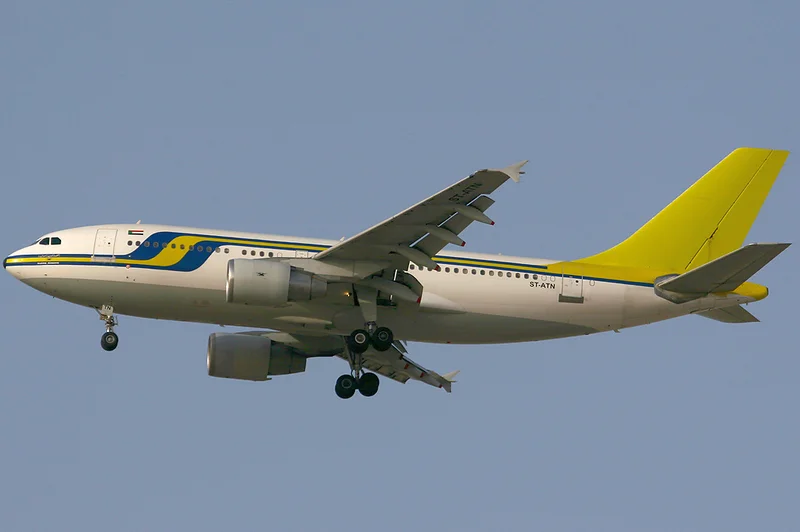
Sudan Airways Flight 109 crashed at Khartoum International Airport, resulting in 30 fatalities. The accident highlighted ongoing aviation safety challenges in the region.
Rescue teams worked quickly to assist survivors and investigate the crash site. The tragedy prompted renewed focus on airport safety protocols and aircraft maintenance standards.
Sports and Recreation on June 10
1944 – Joe Nuxhall Becomes Youngest Major League Player

Fifteen-year-old Joe Nuxhall of the Cincinnati Reds became the youngest player ever in a major league baseball game. The teenager made his historic debut during wartime player shortages.
Nuxhall’s youth and inexperience showed during his brief appearance against the St. Louis Cardinals. He would later return to enjoy a successful major league career spanning two decades.
Notable Births on June 10
1915 – Saul Bellow Born
Canadian-American novelist Saul Bellow was born in Lachine, Quebec. His childhood in a Russian-Jewish immigrant family shaped his literary perspective.
Bellow would become one of America’s most celebrated authors, winning the Nobel Prize in Literature. His novels explored urban American life and the immigrant experience with remarkable depth.
1921 – Prince Philip, Duke of Edinburgh Born

Prince Philip was born in Corfu, Greece, to Danish and German royal families. His early life was marked by political upheaval and family exile.
Philip would later marry Princess Elizabeth, becoming the longest-serving royal consort in British history. His dedication to public service and modernization efforts transformed the monarchy.
1922 – Judy Garland Born

American actress and singer Judy Garland was born Frances Ethel Gumm in Grand Rapids, Minnesota. Her extraordinary vocal talent emerged during early childhood performances.
Garland’s role as Dorothy in “The Wizard of Oz” made her a Hollywood legend. Her rendition of “Over the Rainbow” became one of cinema’s most beloved songs.
1928 – Maurice Sendak Born

American author and illustrator Maurice Sendak was born in Brooklyn, New York. His childhood experiences as the son of Polish immigrants influenced his artistic vision.
Sendak revolutionized children’s literature with “Where the Wild Things Are.” His willingness to explore dark themes in children’s books challenged conventional publishing wisdom.
1929 – E. O. Wilson Born
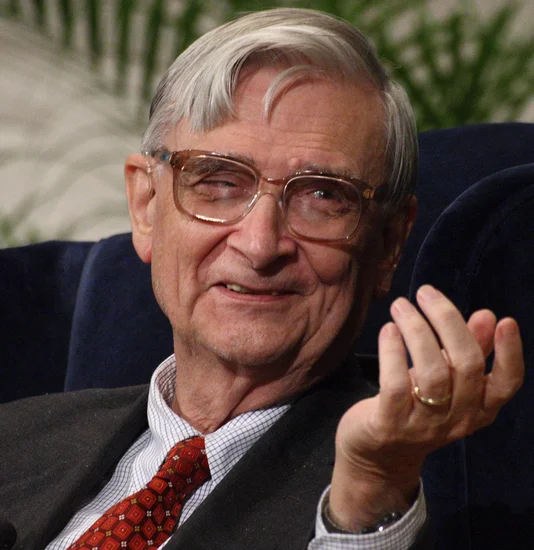
American biologist E. O. Wilson was born in Birmingham, Alabama. His early fascination with insects developed into groundbreaking scientific research.
Wilson pioneered the field of sociobiology and became a leading authority on ant behavior. His work on biodiversity and conservation earned him multiple Pulitzer Prizes.
1948 – João Gilberto Born

Brazilian singer-songwriter and guitarist João Gilberto was born in Juazeiro, Bahia. His innovative guitar technique and vocal style revolutionized Brazilian music.
Gilberto became the father of bossa nova, creating a subtle, sophisticated sound that conquered the world. His album “Getz/Gilberto” won multiple Grammy Awards and international acclaim.
1965 – Elizabeth Hurley Born

English model and actress Elizabeth Hurley was born in Basingstoke, Hampshire. Her striking beauty and charisma launched a successful modeling career.
Hurley gained international fame as a spokesmodel for Estée Lauder cosmetics. Her acting career flourished with roles in films like “Austin Powers” and “The Devil Wears Prada.”
1972 – Sundar Pichai Born
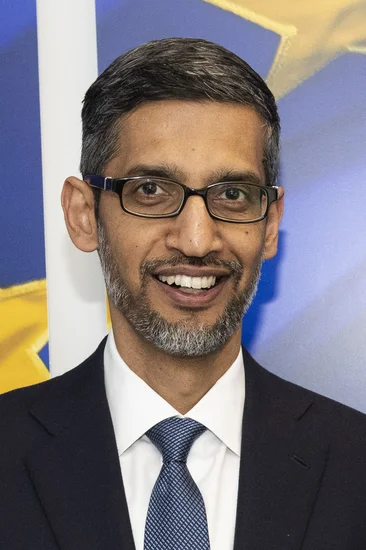
Indian-American businessman Sundar Pichai was born in Madurai, Tamil Nadu, India. His technical aptitude and leadership skills distinguished him from an early age.
Pichai joined Google in 2004 and rose through the ranks to become CEO. His vision has guided Google’s expansion into artificial intelligence and cloud computing services.
Notable Deaths on June 10
1924 – Giacomo Matteotti Dies
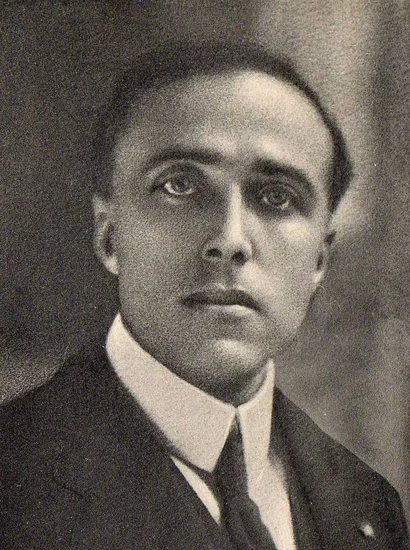
Italian Socialist leader Giacomo Matteotti was kidnapped and murdered by Fascists in Rome. His assassination shocked Italy and exposed the violent nature of Mussolini’s regime.
Matteotti had courageously opposed Fascist electoral fraud and violence in Parliament. His death galvanized opposition to Mussolini but also triggered increased Fascist repression.
1926 – Antoni Gaudí Dies
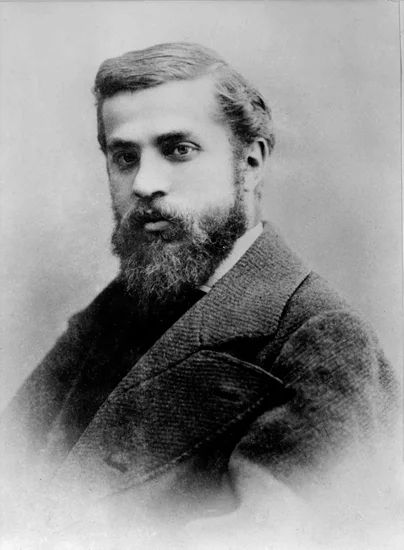
Spanish architect Antoni Gaudí died in Barcelona after being struck by a tram. His unique architectural style had transformed the city’s skyline and artistic identity.
Gaudí’s masterpiece, the Sagrada Família, remained unfinished at his death. His innovative use of organic forms and colorful mosaics influenced generations of architects worldwide.
1940 – Marcus Garvey Dies

Jamaican journalist and activist Marcus Garvey died in London at age 52. His pan-African movement had inspired millions of people of African descent worldwide.
Garvey’s “Back to Africa” movement and Black Star Line shipping company promoted black pride and economic independence. His ideas profoundly influenced later civil rights and black nationalist movements.
1967 – Spencer Tracy Dies

American actor Spencer Tracy died in Beverly Hills just days after completing “Guess Who’s Coming to Dinner.” His partnership with Katharine Hepburn had defined Hollywood romance.
Tracy’s natural acting style and powerful screen presence earned him two Academy Awards. His final film, addressing interracial marriage, became a fitting capstone to his socially conscious career.
2004 – Ray Charles Dies
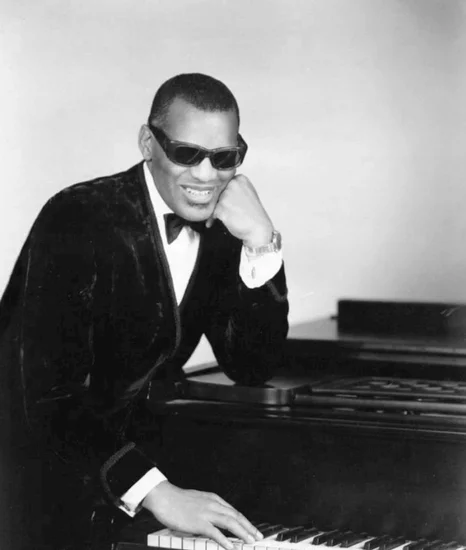
American singer-songwriter and pianist Ray Charles died in Beverly Hills at age 73. His fusion of gospel, blues, and jazz had revolutionized popular music.
Charles broke down barriers between sacred and secular music, earning him the title “The Genius.” His influence on soul, R&B, and rock music continues to inspire artists today.
2016 – Gordie Howe Dies

Canadian ice hockey player Gordie Howe died in Sylvania, Ohio, at age 88. “Mr. Hockey” had dominated the sport for more than three decades.
Howe’s combination of skill, toughness, and longevity made him hockey’s greatest ambassador. His records stood for decades, and his influence shaped the modern game’s development.
Holidays and Observances on June 10
Portugal Day Celebrated
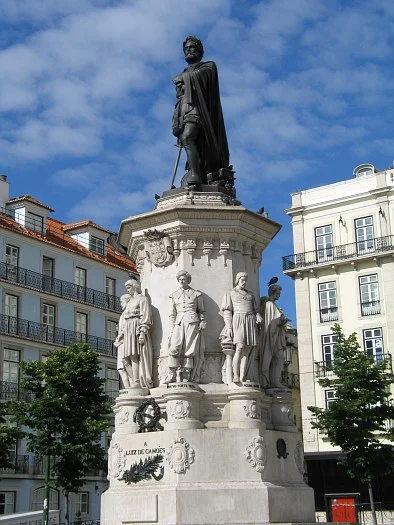
Portugal Day, also known as Day of Camões, honors Portuguese culture and heritage worldwide. The holiday commemorates the death of poet Luís de Camões, author of “The Lusiads.”
Portuguese communities across the globe celebrate their shared cultural identity and history. The day features parades, cultural performances, and traditional Portuguese cuisine.
World Art Nouveau Day Observed

World Art Nouveau Day celebrates the artistic movement that flourished in the late 19th and early 20th centuries. The holiday promotes appreciation for Art Nouveau’s distinctive style and cultural impact.
Museums, galleries, and cultural institutions worldwide organize special exhibitions and events. The day highlights Art Nouveau’s influence on architecture, decorative arts, and design.
